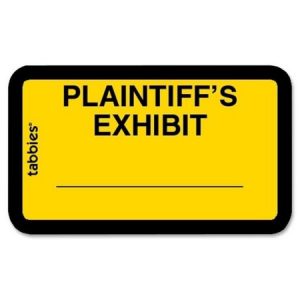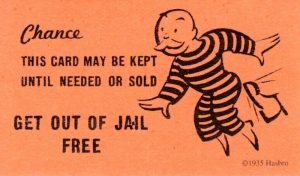SOCIAL MEDIA BLACKOUT
![]() It’s an increasingly connected world that we live in. An important part of that connection is electronic—most of us interact with others electronically through social media: Facebook, Instagram, Twitter, and SnapChat, to name a few. Of course, there are also e-mail messages and text messages.
It’s an increasingly connected world that we live in. An important part of that connection is electronic—most of us interact with others electronically through social media: Facebook, Instagram, Twitter, and SnapChat, to name a few. Of course, there are also e-mail messages and text messages.
This is how we communicate with our family, friends, and the 10,000 other people who have friended us. It’s fun to have an online presence, we encourage you to do so, if it is something that works for you.
But if you have a personal injury claim, we need to talk. The title is a bit harsh—you don’t need to cut all ties with online social media, but you do need to be careful. The problem, from my perspective, is context. As a lawyer, I will search for the social media posts of my adversary. We saw a post once from a defendant (who denied causing the accident) that said (and I’m paraphrasing for a G-rated post, here), saw a beautiful woman on the street, and got into an accident. Now, maybe he was distracted, and the accident caused because his attention was elsewhere. Maybe he was just trying to be funny, or make light of a serious situation because that the type of humor he has. I don’t know. But I can tell you that it was important evidence to show the jury, and that they didn’t trust his story at trial.
 Maryland Car Accident Lawyer Blog
Maryland Car Accident Lawyer Blog


 Trial is scary. If you have a trial, and you’ve never been, you probably have some anxiety about the whole thing. Where do I sit? What questions are going to be asked? Can I bring notes?
Trial is scary. If you have a trial, and you’ve never been, you probably have some anxiety about the whole thing. Where do I sit? What questions are going to be asked? Can I bring notes? If your cases has been set for trial, there are some things that you will need to prepare to be ready. What are you preparing for? Simply, to provide the best testimony possible to the judge. That means you need to be ready for the questions your lawyer will ask you, and you need to anticipate the questions that the defense attorney will ask you. These are the steps important for testimony, whether it is an automobile collision case, slip-and-fall, or any other type of personal injury.
If your cases has been set for trial, there are some things that you will need to prepare to be ready. What are you preparing for? Simply, to provide the best testimony possible to the judge. That means you need to be ready for the questions your lawyer will ask you, and you need to anticipate the questions that the defense attorney will ask you. These are the steps important for testimony, whether it is an automobile collision case, slip-and-fall, or any other type of personal injury. Immediately after an injury, it is important to collect and preserve all the evidence you will need to prove your case. Trials can be lost because of a lack of evidence. Sometimes, a judge deciding liability may need to know where the cars came to rest, what the property damage looked like, or what the dashcam footage revealed. Sometimes that evidence is in the hands of another person, corporation, or governmental entity.
Immediately after an injury, it is important to collect and preserve all the evidence you will need to prove your case. Trials can be lost because of a lack of evidence. Sometimes, a judge deciding liability may need to know where the cars came to rest, what the property damage looked like, or what the dashcam footage revealed. Sometimes that evidence is in the hands of another person, corporation, or governmental entity. It’s one of those things that most lawyers have had to deal with at one time or another in personal injury cases. The client (plaintiff or defendant), or an important witness, might be, as we call it, a “resident of the State.” That is, they may be in jail.
It’s one of those things that most lawyers have had to deal with at one time or another in personal injury cases. The client (plaintiff or defendant), or an important witness, might be, as we call it, a “resident of the State.” That is, they may be in jail.